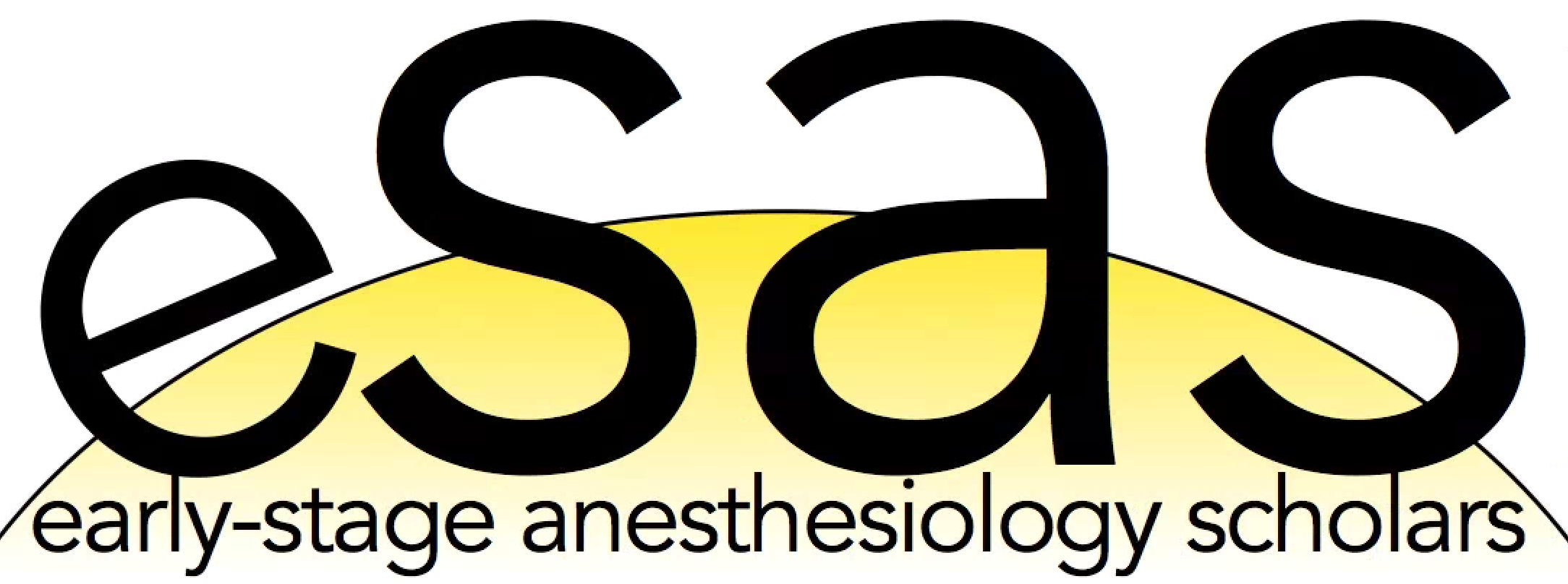The Advisory Council serves as an advisory and oversight board to the eSAS and the Executive Council. The council is made of anesthesiologist-scientist stakeholders and leaders and eventually of former members of the eSAS Executive Council. Together this group not only maintains and guides the long-term vision of the organization but they also retain the institutional memory for the organization.

Dr. Michael Avidan is the Dr. Seymour and Rose T. Brown Professor of Anesthesiology at Washington University School of Medicine. He is currently serving as the President Elect of the Association of University Anesthesiologists, and is on the Board of Trustees for the International Anesthesia Research Society. Michael is optimistic about the future of academic anesthesiology, and believes that networking and mentorship are essential for future leaders in our field. He views the Early-Stage Anesthesiology Scholars (eSAS) initiative as exciting and critically important for the vibrancy and success of academic anesthesiology. As such, Michael is enthusiastic to participate on the Advisory Council of eSAS and is committed to work energetically to promote eSAS and to advise and mentor early stage anesthesiology scholars as they forge ahead on their career paths.

Dr. Jim Eisenach, Professor and Vice Chair for Research at Wake Forest School of Medicine, has devoted his career to translational science investigation. Through 30 years of continuous NIH funding he has mentored over 80 trainees ranging from high school students to MD/PhDs and has assembled independent investigators pursuing research into mechanisms and treatment of acute and chronic pain. He currently directs a MERIT and a P01 NIH award, both funded through 2021. As past Editor-in-Chief of Anesthesiology and now President and CEO of the Foundation for Anesthesia Education and Research, he is dedicated to development and promotion of research in the specialty to improve patient care.

Dr. Judith Hellman, M.D. is Professor and Vice Chair for Research in the Department of Anesthesia and Perioperative Care at the University of California, San Francisco. She is an intensive care physician-scientist focused on understanding the basic science of sepsis and inflammatory critical illness. She directs the UCSF Anesthesia Research Training Program, including the Research Scholars Track of the Anesthesia Residency. She has served as mentor and promoted the research and academic development of numerous anesthesiologist research trainees over the last decade and a half. She has participated in numerous grant reviews for the NIH and other organizations and was a full time member of an NIH study section. She is deeply committed to the broad goal of training and developing the next generations of researchers in anesthesiology and the perioperative sciences, and is highly enthusiastic about participating on the advisory council of the eSAS initiative.

Dr. George Mashour is an anesthesiologist and NIH-funded neuroscientist at the University of Michigan Medical School who studies consciousness, mechanisms of anesthetic-induced unconsciousness, and neurologic outcomes of surgery. At the departmental level, Dr. Mashour is the Bert N. La Du Professor and Associate Chair for Anesthesiology Research. At the medical school level, he serves as the Associate Dean for Clinical & Translational Research and is the founding director of the Center for Consciousness Science. At the institutional level, he serves as the Director of the Michigan Institute for Clinical & Health Research, an NIH-funded institute dedicated to advancing translational research. He is also the Executive Director of Translational Research in the central Office of Research, with responsibilities across all schools and campuses. Additionally, Dr. Mashour serves as Vice Chair of the board of the Foundation for Anesthesia Education and Research and is President of the Society for Neuroscience in Anesthesiology & Critical Care. He is a committed mentor and currently serves as the principal investigator of a departmental T32 training program as well as institutional KL2 and TL1 training programs. He is therefore enthusiastic about the mission of eSAS.

Harriet Hopf is Professor and Vice Chair for Faculty Development in the Department of Anesthesiology, Adjunct Professor of Bioengineering, and Senior Special Assistant in the Office of Faculty at the University of Utah. As the Director of the Women in Medicine and Science Program from 2009 to 2012, Dr. Hopf created educational and interactive programs to enhance faculty recruitment, engagement, and retention. As Associate Dean for Academic Affairs from 2012 to 2016, she led efforts to streamline the faculty appointment process. Dr. Hopf has focused on mentoring throughout her career, leading to recognition by the UCSF Graduate Students Association with the inaugural UCSF Faculty Mentorship Award in 1999, the YWCA Utah Outstanding Achievement Award in Medicine & Health in 2013, and the Foundation for Anesthesia Education and Research (FAER) Mentoring Excellence in Research Award, also in 2013. She was elected to the UCSF Academy of Medical Educators in 2004, FAER Academy of Research Mentors in Anesthesiology in 2011, and the University of Utah Academy of Health Sciences Educators in 2014. In recognition of her efforts to improve the educational and working environment for women, she received the University of Utah’s Linda K. Amos Award for Distinguished Service to Women in 2017. Dr. Hopf serves on Board of Directors of FAER and the Wound Healing Society and on the Steering Committee for the Association of American Medical Colleges Group on Faculty Affairs. She is a past President of the Wound Healing Society. Dr. Hopf is an Associate Editor for Anesthesiology.

